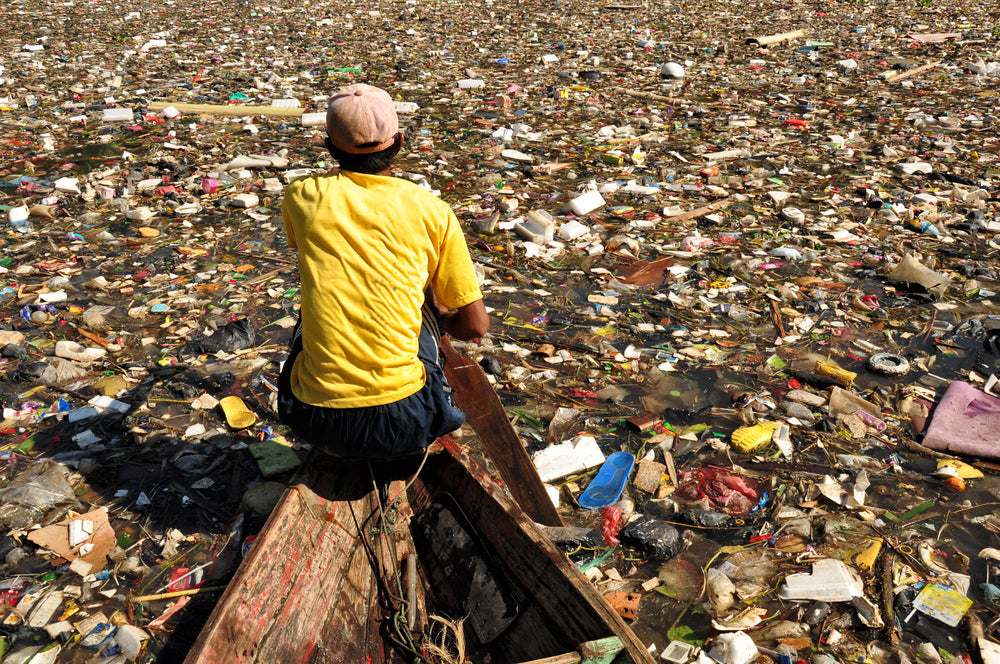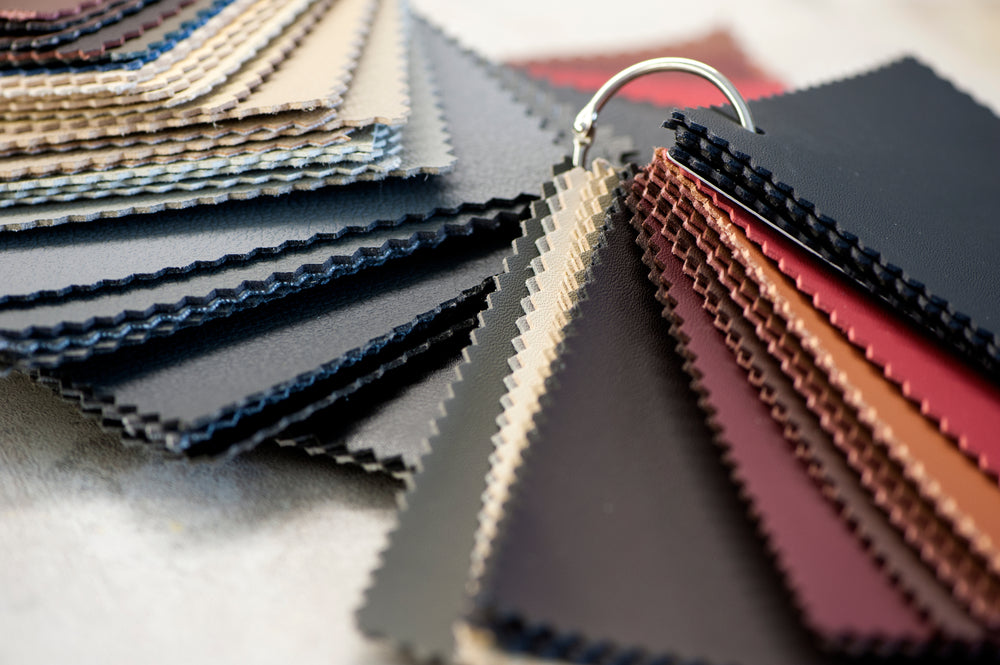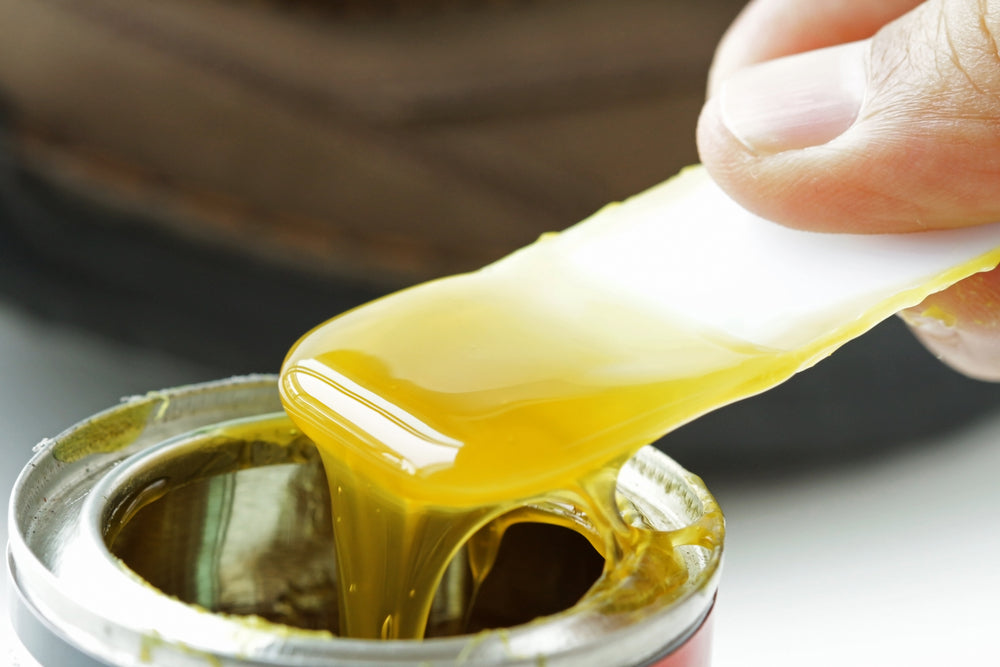
Fast fashion’s low prices come with a steep hidden cost, to the environment, workers, and even your wallet. While mass-produced footwear may seem convenient, it quietly fuels fashion industry waste, carbon emissions, and exploitative labor. In contrast, small-batch manufacturing offers a cleaner, more ethical alternative rooted in slow fashion, product quality, and care. If you’ve ever paid top dollar for a mass-produced shoe, this deep dive might change the way you shop.
Mass Production and Its Environmental Cost
Mass-produced footwear leaves a substantial environmental footprint from factory to landfill. Consider this: every year, over 20 billion pairs of shoes are manufactured worldwide. The industrial processes behind these shoes emit massive carbon emissions.
Footwear production accounts for about 1.4% of global greenhouse gas emissions. An average pair of synthetic sneakers generates roughly 30 pounds of CO₂ (about 13.6 kg) through production, enough to power a 100-watt light bulb for a week. These carbon emissions contribute significantly to climate change, all for the sake of churning out sneakers and boots at high volume.
Equally alarming is the industrial pollution and resource consumption associated with mass production. Large footwear factories often burn fossil fuels for energy, releasing greenhouse gases and toxic byproducts. The tanning of leather and dyeing of fabrics for shoes consume vast amounts of water and involve harsh chemicals that can pollute waterways.
Moreover, because major brands often outsource to the cheapest overseas factories, shoes typically travel thousands of miles via ships, planes, and trucks before ever reaching consumers. This global supply chain inflates the carbon footprint of each pair of shoes through transportation emissions.
Perhaps the most visible environmental impact is the fashion industry waste. The fast-fashion model encourages overproduction, leading to mountains of excess inventory. In 2022, US retailers’ inventories swelled by $78 billion (a 12% jump), largely due to unsold apparel and footwear stock. Unsold shoes and unsold clothing often end up in landfills or incinerators, a fate shared by countless worn-out, cheap shoes that are quickly discarded by consumers.
Americans throw away over 300 million pairs of shoes each year, and a staggering 95% of those end up in landfills. Globally, millions of shoes are dumped annually, where their complex materials make them nearly impossible to recycle. Once in a dump, a shoe can take decades or even centuries to decompose, leaching chemicals into soil and water as it breaks down. In other words, that bargain pair of sneakers might be worn for six months but they will continue to pollute the planet for hundreds of years.

The Ethical Cost of Fast Fashion Footwear
The true price of mass-produced shoes is also paid by those who make them. Mass production’s race to the lowest cost often means exploitative labor practices in factories worldwide. The global footwear industry has long been criticized for low wages, poor working conditions, and even child labor, especially in countries where labor is cheap.
Major clothing brands – including some high-end labels – have faced scrutiny for producing shoes in sweatshops, where workers (mostly women) endure long hours and unsafe conditions for meager pay. This ethical cost is largely invisible to consumers, but it’s a key part of how those shoes have managed to be produced so cheaply.
Small-scale local impacts occur, too. Even in developed countries, garment and footwear workers can be underpaid. (It was only in 2022 that California passed the Garment Worker Protection Act to guarantee garment workers a minimum wage instead of pennies per piece.)
So while consumers see an affordable price tag, the real cost includes sweat and struggle in distant factories. Mass production, in short, often prioritizes profit and speed at the expense of basic worker dignity – a trade-off many shoppers would never knowingly agree to.
Quality vs. Quantity: What Cheap Shoes Really Cost
Many consumers assume that low-cost, mass-produced shoes save money. But they don’t in the long run. A $40 pair may fall apart in six months, leading you to replace it repeatedly. Meanwhile, a $100 pair of high-quality, slow-fashion shoes, crafted with care and made to last, can serve you for years.
Cheaper shoes are often built with flimsy materials, poor support, and minimal craftsmanship. That bargain buy might leave your feet sore or your soles splitting before the season ends. Multiply that cycle, and the costs quickly outweigh the initial savings.
There’s also a less obvious price: the constant pressure to keep up with ever-changing trends. Mass production is built on planned obsolescence, styles shift rapidly, pushing consumers to replace shoes not because they’re worn out, but because they’re “out of style.” In contrast, sustainable shoe manufacturing focuses on timeless designs, durability, and versatility, reducing both waste and wardrobe churn.
How Small-Batch Manufacturing Makes a Difference

Small-batch manufacturing flips the script. Instead of mass-producing millions of units, brands like COMUNITYmade create shoes in limited quantities using ethical practices, eco-friendly materials, and local production. This method reduces waste, supports skilled labor, and puts care back into the craft.
Because fewer units are made, small-batch brands can avoid the trap of overproduction and unsold inventory. Every pair is intentional, no mass dumping, no landfill overflow. Local production, such as COMUNITYmade’s Made in USA model, means fewer transportation emissions and a drastically smaller carbon footprint.
Artisans have the time and space to focus on attention to detail, producing footwear that lasts longer, fits better, and feels more personal. Many small-batch brands even offer repairs, reinforcing that good shoes deserve a second life.
This model isn’t just sustainable, it’s human. Workers are treated fairly. Communities benefit from local job creation. And customers walk away with eco-friendly shoes that reflect product quality, not just a passing trend.
Fewer Shoes, Bigger Impact
Buying fewer, better shoes is a quiet revolution. Whenever you choose slow fashion shoes over a mass‑produced look‑alike, you vote for quality vs. quantity, slash your waste stream, and support small businesses that treat footwear as a craft, not a commodity. Your shoes last longer, fit better, and sidestep the hidden environmental cost and human toll baked into rapid‑fire production.
COMUNITYmade’s mission is to prove that ethical footwear can be stylish, durable, and planet‑positive. When you invest in a pair, you’re shrinking landfill waste and joining a community committed to reducing industrial pollution and rewriting what modern fashion can be. Visit our workshop in downtown LA to see how one carefully handcrafted pair at a time can move the industry, and the world, toward a lighter step.


